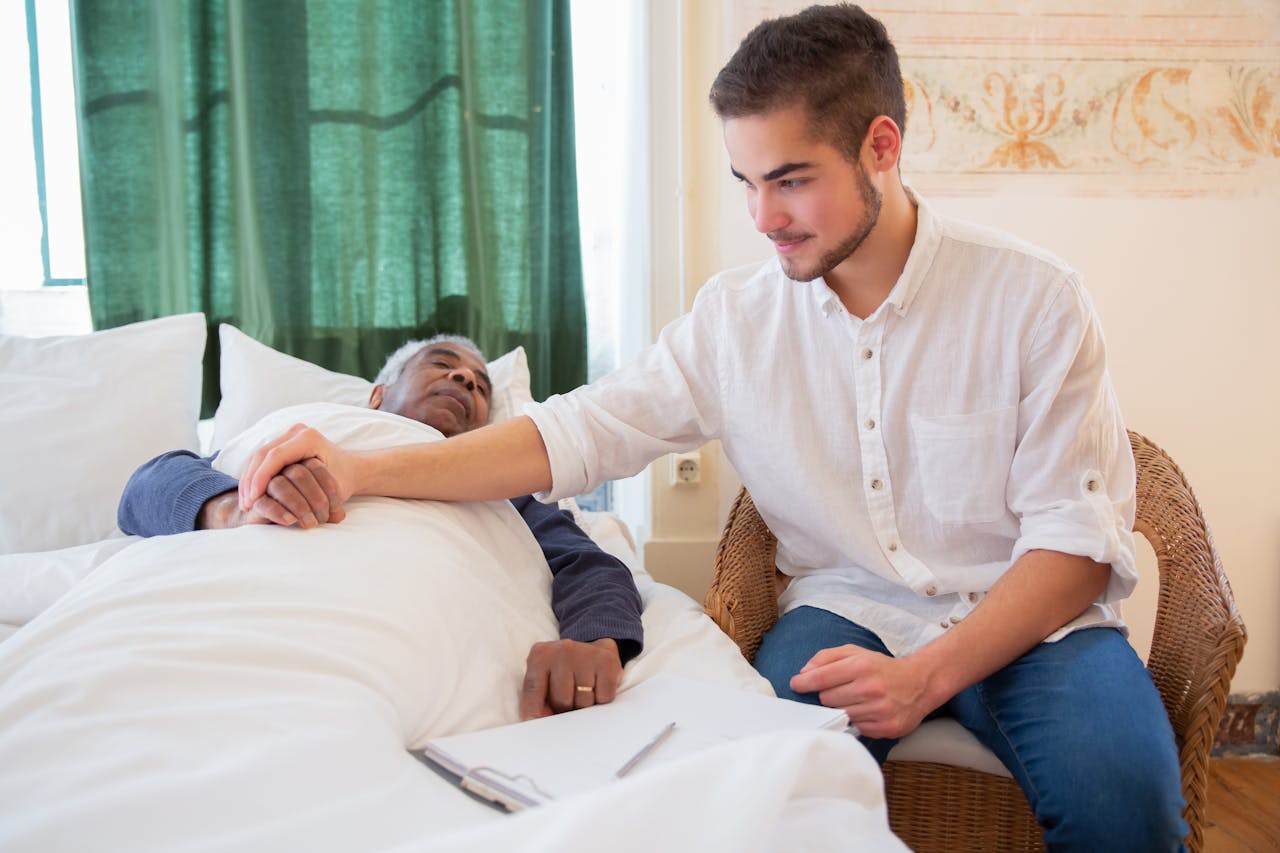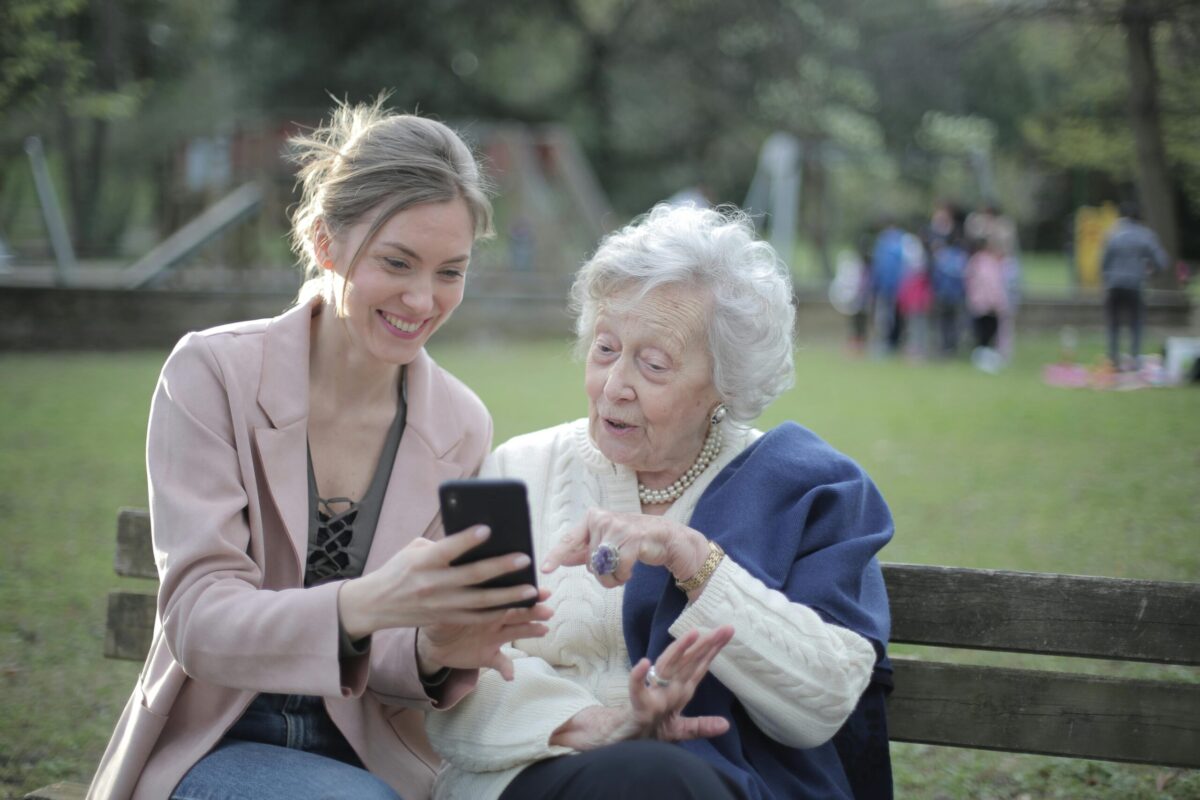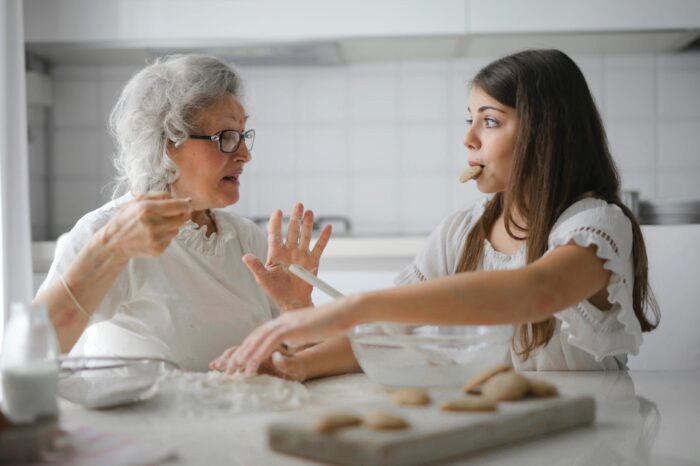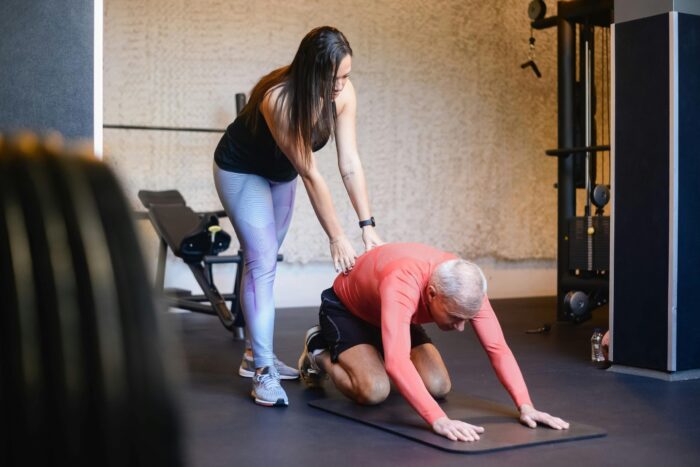Can Smart Home Technologies Help Older Adults
Smart home technologies can greatly assist older adults by enhancing safety, convenience, and independence. Features like voice-activated assistants, automated lighting, fall detection sensors, and smart medication reminders help seniors manage daily tasks more easily. These innovations promote aging in place, offering peace of mind for both users and caregivers.

As technology advances, smart homes are becoming more prevalent, offering convenience, security, and comfort to individuals of all ages. However, for elderly individuals, smart home technology can be particularly beneficial, enhancing their quality of life, ensuring safety, and promoting independence. This article explores the various ways smart homes can support elderly people and improve their daily living.
Enhanced Safety and Security
Smart Surveillance and Doorbell Cameras
One of the greatest concerns for elderly individuals living alone is security. Smart surveillance systems and video doorbells provide a sense of safety by allowing seniors to see who is at the door before answering it. With remote access, family members or caregivers can also monitor visitors and ensure that their loved ones are safe.
Smart Locks and Access Control
Traditional locks can be challenging for seniors with arthritis or mobility issues. Smart locks provide keyless entry using a smartphone or biometric recognition, reducing the risk of lost keys and unauthorized entry. Caregivers or family members can also grant access remotely in case of emergencies.
Fall Detection and Emergency Alerts
Falls are a leading cause of injuries among seniors. Smart home systems equipped with fall detection sensors can automatically alert emergency contacts or medical professionals if a fall is detected. These systems can be integrated with wearable devices that track movement and send alerts in case of an emergency.
Increased Independence and Convenience
Voice-Activated Assistants
Smart assistants like Amazon Alexa and Google Assistant make daily tasks easier for seniors. They can set reminders for medications, control smart home devices, and provide weather updates-all through simple voice commands, eliminating the need to navigate complex interfaces.
Automated Lighting and Motion Sensors
Proper lighting is essential for elderly individuals to prevent falls and improve visibility. Smart lighting systems with motion sensors ensure that lights turn on automatically when movement is detected, reducing the risk of accidents at night or in dimly lit areas.
Smart Thermostats
Temperature regulation is crucial for seniors, especially those with chronic illnesses. Smart thermostats learn user preferences and adjust indoor temperatures accordingly, ensuring a comfortable living environment while also reducing energy costs.
Health Monitoring and Medical Assistance
Smart Medication Dispensers
For seniors who take multiple medications, remembering doses and schedules can be challenging. Smart medication dispensers provide reminders and dispense the correct dosage at the right time, reducing the risk of missed or double doses. Some devices can even send alerts to caregivers if a dose is skipped.
Health Monitoring Devices
Smart health monitoring devices can track vital signs like heart rate, blood pressure, and glucose levels. These devices sync with mobile apps and allow family members or doctors to monitor a senior’s health remotely. Early detection of health issues can prevent serious complications.
Telehealth Integration
With smart home technology, seniors can have virtual consultations with doctors through telehealth platforms. Smart devices equipped with cameras and microphones make it easy for elderly individuals to communicate with healthcare professionals without leaving their homes, reducing hospital visits and improving accessibility to medical care.
Social Connection and Mental Well-Being
Smart Communication Devices
Isolation and loneliness are common issues among elderly people. Smart communication devices such as video calling platforms, voice assistants, and social media applications help seniors stay connected with their loved ones. Features like voice-to-text conversion and enlarged text interfaces cater to individuals with visual or hearing impairments.
Entertainment and Cognitive Stimulation
Smart TVs and audio systems provide easy access to entertainment, including audiobooks, music, podcasts, and interactive games that promote cognitive stimulation. Seniors can use voice commands to play their favorite content, enhancing their mental well-being and engagement.
Virtual Assistants for Mental Support
Virtual assistants can also provide mental health support by offering guided meditation, daily affirmations, and cognitive exercises. These features help seniors manage stress, anxiety, and memory-related concerns while promoting a positive outlook on life.
Home Automation for Ease of Living
Smart Home Appliances
Elderly individuals may find it difficult to operate traditional household appliances. Smart appliances, such as ovens, refrigerators, and washing machines, can be controlled remotely and programmed for automatic operation. Some devices also have safety features that shut off automatically after a certain period.
Robot Vacuum Cleaners
Maintaining a clean home can be physically demanding for seniors. Smart vacuum cleaners can automate the cleaning process, ensuring that floors remain dust-free without requiring manual labor.
Smart Curtains and Blinds
For individuals with limited mobility, opening and closing curtains can be challenging. Smart curtains and blinds can be scheduled to open and close at specific times or controlled through a smartphone app or voice commands.
10 Smart Home Assistant Devices For Elderly And Seniors
10 Smart Home Assistant Devices designed to help elderly and seniors with daily tasks, safety, and independence.
| Device | Features | Benefits for Seniors |
|---|---|---|
| Amazon Echo Show | Voice control, video calls, reminders, smart home control | Hands-free assistance, social connection, easy reminders |
| Google Nest Hub | Voice commands, video calls, home automation | Simple interaction, medication reminders, emergency contacts |
| Apple HomePod Mini | Siri voice assistant, smart home integration | Easy-to-use, controls lights and thermostat |
| Alexa Smart Plug | Voice-controlled plug for appliances | Helps with hard-to-reach switches |
| Ring Video Doorbell | Motion detection, two-way talk, remote access | Enhances security, prevents scams |
| Nest Thermostat | Smart temperature control, energy-saving | Adjusts heating/cooling for comfort |
| Phillips Hue Smart Lights | Automated lighting, motion sensor | Prevents falls, improves visibility |
| Lively Mobile Plus | Medical alert device, GPS tracking | Emergency help anytime, anywhere |
| Wyze Smart Camera | Motion alerts, live streaming | Home security, caregiver monitoring |
| MedMinder | Smart medication dispenser, alerts | Helps with medication adherence |
These devices improve daily life by enhancing safety, convenience, and connectivity, allowing seniors to live more independently.
Cost-Effectiveness and Energy Efficiency
Energy-Saving Features
Smart home technology not only enhances comfort but also promotes energy efficiency. Automated lighting, smart thermostats, and energy-monitoring systems help reduce electricity bills by optimizing energy usage.
Long-Term Savings
While the initial investment in smart home devices may seem high, they provide long-term savings by reducing healthcare costs, preventing accidents, and minimizing energy consumption. For elderly individuals on a fixed income, these savings can be significant.
Conclusion
A smart home can be a game-changer for elderly individuals, allowing them to maintain independence, enhance their safety, and improve their overall quality of life. From health monitoring and home automation to social connectivity and security, smart home technology provides a wide range of benefits that cater to the needs of seniors. As innovations continue to evolve, smart homes will play an even greater role in ensuring that elderly people can age comfortably and securely in their own homes.
Related Articles

How Smart Assistants Like Alexa Reducing Loneliness
Can Alexa help with loneliness? Yes, Alexa can help reduce loneliness, especially for seniors living alone. While it doesn’t replace human interaction, Alexa provides companionship

How to Manage Stress in Your Golden Years
Why does anxiety get worse as you get older? Anxiety can worsen with age due to a combination of biological, psychological

Best Hospitals for Geriatrics in the U.S
What is a geriatric hospital? A geriatric hospital specializes in the care and treatment of elderly patients, typically those aged 65 and older.

What Causes Sudden Confusion in Seniors?
Why would an elderly person suddenly become confused? Sudden confusion in elderly individuals, known as delirium, can be caused by various factors.





